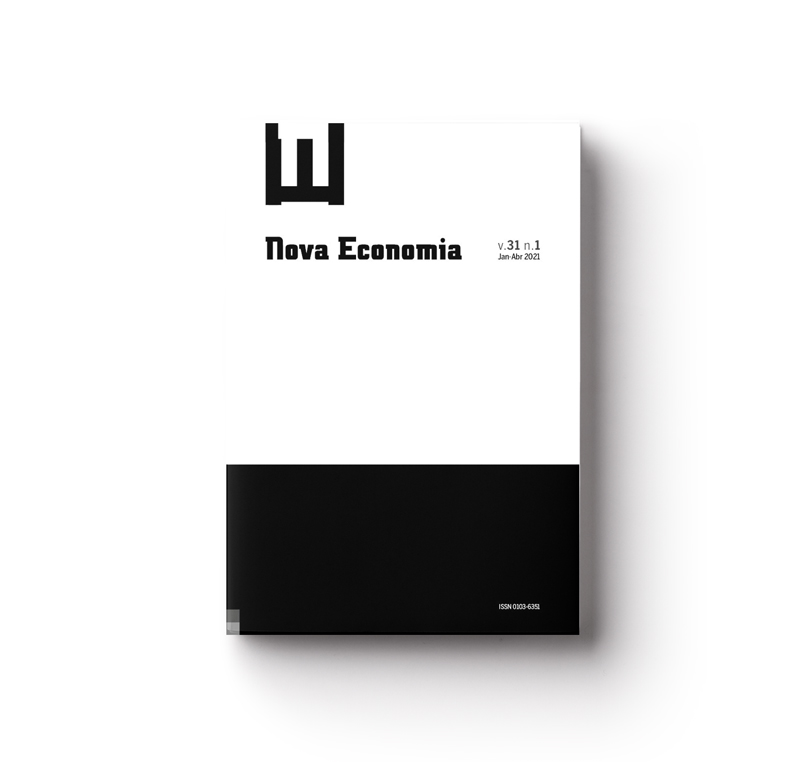Violence against teachers in Brazilian schools: determinants and consequences
Abstract
Abstract
This study aims to evaluate how the sociodemographic characteristics and the school environment affect the probability of violence toward the teacher. In a complementary way, we investigate the impact of school violence on content developed in class, variable related to students’ learning. We use data from the National System for the Evaluation of Basic Education in 2017 and the multinominal Logit and Logit models. The results show that teachers’ personal characteristics such as being a man, older, and receiving low salary increase the likelihood of reports of physical violence. In addition, teachers who teach in classes made up of a majority of non-white, male, single-parent families and low mother education students are more likely to report violence. It is also worth mentioning that reporting being a victim, whether physical or against property, considerably decreases the chances of teachers developing the programmed content.
Keywords: school violence, teachers, work environment.
JEL Codes: I29, C25, K42.
Downloads
Published
How to Cite
Issue
Section
License
Copyright (c) 2021 Wander Plassa, Pietro André Telatin Paschoalino, Luan Vinicius Bernardelli

This work is licensed under a Creative Commons Attribution 4.0 International License.
Authors who publish with this journal agree to the following terms:
- Authors retain copyright and grant the journal right of first publication with the work simultaneously licensed under a Creative Commons Attribution 4.0 International License that allows others to share the work with an acknowledgement of the work's authorship and initial publication in this journal.
- Authors are able to enter into separate, additional contractual arrangements for the non-exclusive distribution of the journal's published version of the work (e.g., post it to an institutional repository or publish it in a book), with an acknowledgement of its initial publication in this journal.
- Authors are permitted and encouraged to post their work online (e.g., in institutional repositories or on their website) prior to and during the submission process, as it can lead to productive exchanges, as well as earlier and greater citation of published work (See The Effect of Open Access).




